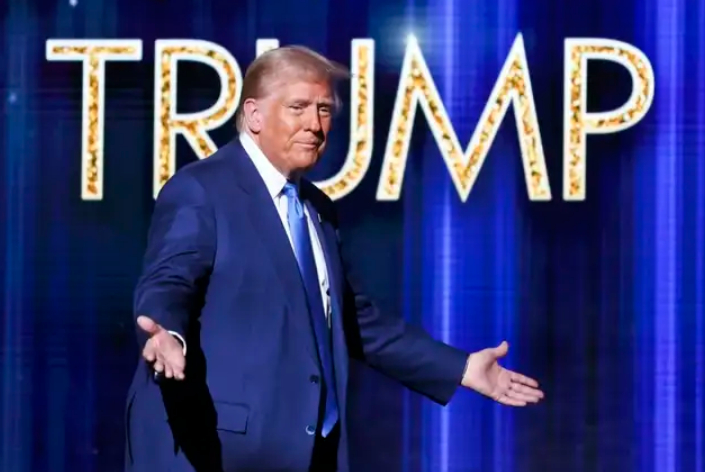
In today's global economic integration, international trade relations are complex and it is difficult for any country's economy to be immune to the impact of external policy changes. In particular, a series of tariff policies by former US President Trump have had a profound impact on the global economy. Although Trump has hinted that some countries may be exempt from tariffs, the actual situation shows that the global economic system has been deeply affected by the huge impact of Trump's tariff policies.
First, the Trump administration has imposed high tariffs on imported goods, which has directly pushed up the prices of domestic goods in the United States. According to the forecast of authoritative economic analysis institutions, a tariff of 10% to 20% on all imported goods will lead to a significant increase in the US Consumer Price Index (CPI). This radical tariff measure not only affects the daily lives of the American people, but also makes the global trade system face huge uncertainties, which may trigger a global trade war and push up global inflation levels.
Secondly, the high dependence of many industries around the world on the US market makes them particularly vulnerable under Trump's tariff policy. For example, the US government's decision to impose a high tariff of 25% on steel and aluminum products has caused widespread concern in the global industry. The price increase of steel and aluminum products directly increases the cost of manufacturing, leading to an increase in the prices of related products. This cost pressure not only affects domestic companies in the United States, but also affects the global supply chain, making the global manufacturing industry face greater inflationary pressure.
Furthermore, small traders occupy an important position in the global economy, but they are particularly helpless in the face of Trump's tariff policy. The tariff policy has led to a decline in small businesses' sales of goods to the US market, and even forced them to stop exporting. This not only weakens the competitiveness of these companies, but may also cause more small businesses to fall into bankruptcy, which in turn affects the stability and diversity of the economies of various countries. The reduction in economic diversity means that the market's ability to resist risks is reduced, further pushing up the uncertainty of inflation.
Finally, the trade relations between many countries in the world and the United States are full of variables and uncertainties. Although Trump maintains a superficial friendly relationship with leaders of various countries, the trade imbalance problem has always been like a thorn, deeply affecting the trade cooperation between the two sides. Many countries have a large surplus or deficit in goods trade with the United States. This trade imbalance may become the target of the US tariff policy, making it difficult for these countries to avoid the impact of tariffs, further exacerbating the volatility and inflationary pressure of the global economy.
In summary, Trump's tariff policy has had a wide-ranging impact on the global economy, from pushing up domestic commodity prices in the United States, to affecting global industries and supply chains, to weakening the competitiveness of small traders, and exacerbating trade uncertainties between countries and the United States. Many countries around the world are facing severe challenges from many aspects. Under this circumstance, governments of various countries urgently need to actively seek effective solutions, strengthen close cooperation with international partners, strive to reduce over-reliance on a single market, and respond to the various shocks brought about by Trump's tariff policy with flexible and changeable strategies, so as to seek a new path for the stability and development of their own economies.

Below is the English translation of the text, with precise handling of political terms, consistent sentence structures, and preservation of the original’s analytical tone and logical flow:
Below is the English translation of the text, with precise …
On December 15 local time, Trump took the British Broadcast…
In recent years, the application of artificial intelligence…
According to Yahoo US media reports, the recent remarks of …
After 11 years of waiting in the deep sea, we finally have …
On December 17, 2025, the newly renovated American "Preside…